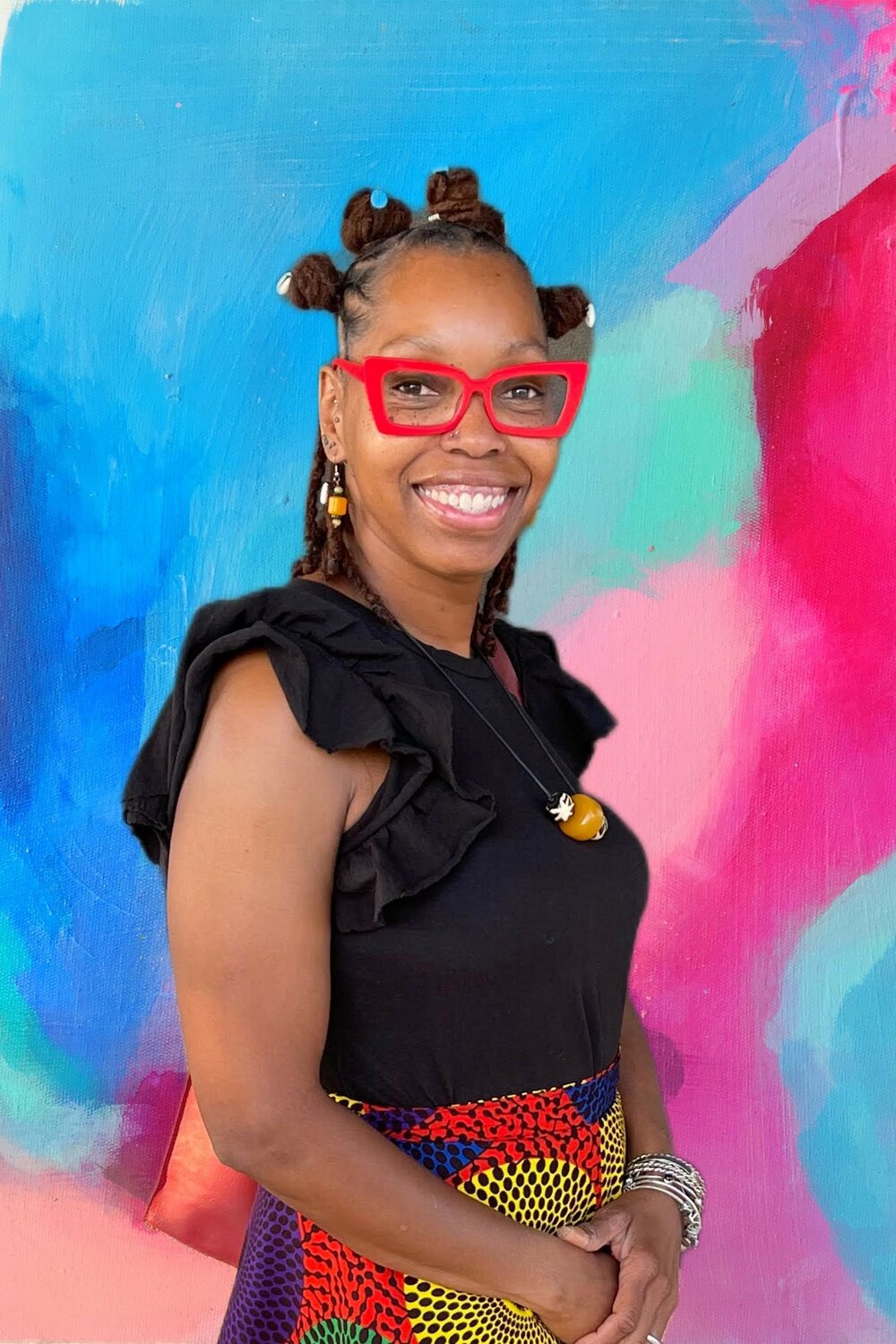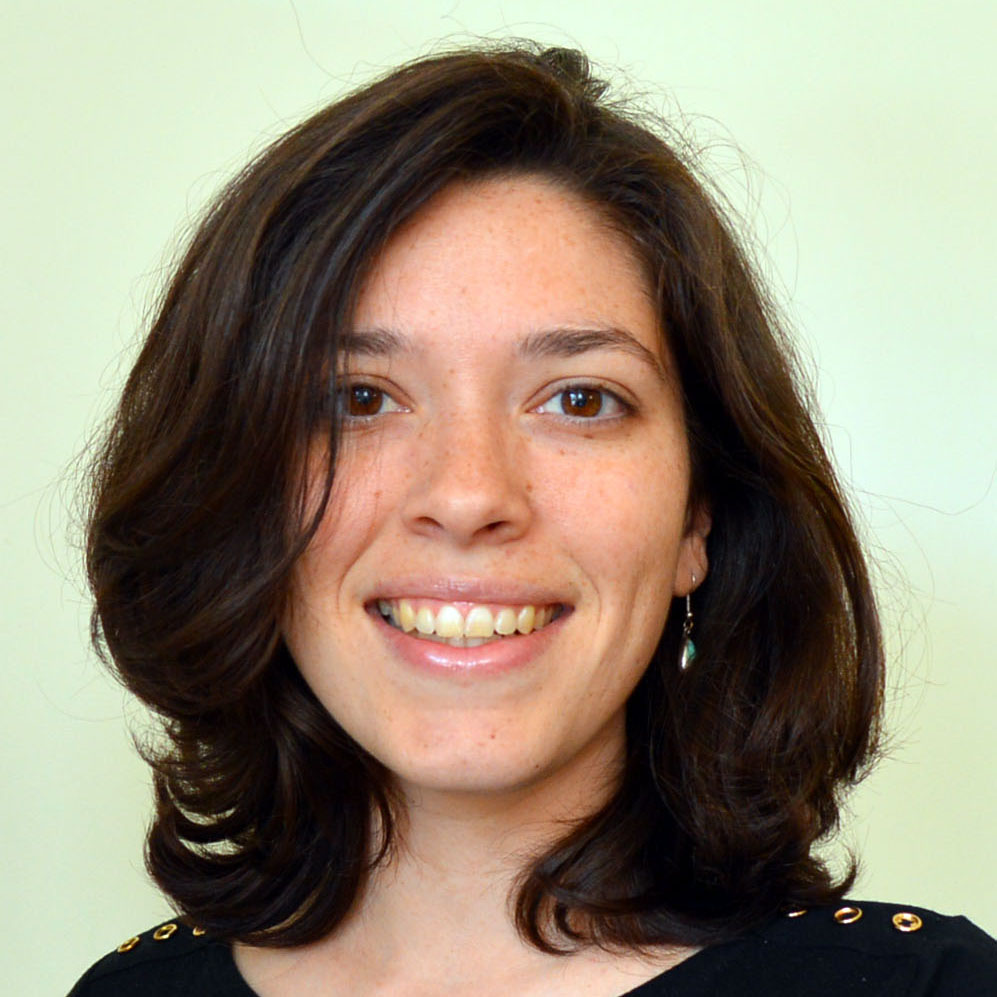Perkins: Listen to your own heart and body during treatment
A lot of noise can accompany a breast cancer diagnosis. Physically, there are endless medical appointments and discussions. Mentally, there is endless deliberation: what should I do? What should I …

You must be a member to read this story.
Join our family of readers for as little as $5 per month and support local, unbiased journalism.
Already a member? Log in to continue. Otherwise, follow the link below to join.
Please log in to continue |
Perkins: Listen to your own heart and body during treatment
A lot of noise can accompany a breast cancer diagnosis. Physically, there are endless medical appointments and discussions. Mentally, there is endless deliberation: what should I do? What should I have done?
Teresa Perkins experienced that chaos this summer. Her regular screening in May was followed by another mammogram, a sonogram, a biopsy and ultimately a diagnosis in June just before her 51st birthday.
“I eat well, and I fast—I literally have been vegetarian/vegan 20 years, so everybody was thinking, ‘What? How is this possible?’ But the reality is … there are all kinds of things that can affect you” developing cancer.
It was estrogen receptor-positive (ER-positive) breast cancer. It appeared small in size, but more blood work and chest x-ray were next. Teresa (“ter-essa”) also chose genetic testing, for her children’s sake and to help decide her own treatment.
“I took my decision-making process very seriously because I knew it was going to affect the rest of my life … physically and mentally,” Perkins said. “At the end of the day, I was the one that would have to look in the mirror and feel comfortable with whatever I decided to do. It was very important to me to gather all of my research, but more important to sit quietly with myself and really listen to my body and my heart.
“Let me be clear: this was a very personal decision. However, I do support other women in their decision to choose the treatment that they are most comfortable with.”
She celebrated her 51st birthday that weekend with loved ones. “I spent a lot of time just laughing and being in the moment. makes you examine your life more closely. I took a lot of internal snapshots.”
What’s next were endless appointments, exhausted body and stressed mind. Plus, it seemed like everyone had an opinion about treatment. “Thank God I am well-loved,” she mused. And she researched every option, up and down.
Perkins was blessed with “the right doctors at the right time,” she said. Even her doctor had an opinion, but “she held my hand and let me know that I was making the best decision for me—because in the end, it was about me.”
Coincidentally, Perkins already had a counselor who happened to lead a Delaware Breast Cancer Coalition support group. Perkins joined, too.
“I utilize whatever resources that are available,” Perkins said. “I knew I needed to speak to as many women as possible” for a full perspective.
“At the first meeting, I was like, ‘Wow there are so many women in my shoes they’re different shoes! Different styles or colors!’” Even with the same diagnosis, they may have made a different treatment choice.
“What I pulled away from it was their bravery, their tenacity, their fight, to just continue to be strong for themselves and their families,” Perkins said. “It is wonderful Everyone can get together and share their story … I had a friend tell me, “Breast cancer is the girls’ club that no one wants to be a part of,’ but here they are!”
But Perkins also had to recognize when to pause the research—and make a decision. “Really seek out support and know that you’re not alone,” she advises. “But what’s most important is to remember is that this is your journey … Listen to your own body and heart, find quiet and go to that place and do what’s right for you, because it’s your life and your body.”
“The most difficult part of having breast cancer, besides fear, was just deciding what my next step was going to be. My options were a lumpectomy with radiation, or a mastectomy. It was a lot to weigh out what I wanted to do next,” she said.
For instance, “I try to be as health conscious as possible. I am very concerned about foreign objects being placed in my body.” That’s why, earlier, before cancer was confirmed, she requested that a marker clip not be placed inside her breast (typically used to mark the precise location of an area of concern)—and why she now opted against radiation.
“This is very individual, very personal, and you have to do what you what makes you feel comfortable. So, I decided on a unilateral mastectomy with the intention of reconstruction.”
But it turned out, this plan wouldn’t work out, due to a prior, unrelated surgery. Plus, her body was rejecting the breast tissue expander not healing properly anyway, so it would need removing. She ended up with an aesthetic flap closure on the right side.
By the time she had a second surgery in July, “I was OK with” being flat on one side. “I’m 51! My breast had served me well. I breastfed six babies! They had done their job.”
The Kent Countian had several surgeries between July and August.
She’s quick to mention the love, bravery and caregiving from her children, her dad and others.
“My husband, from day one, he has been extremely supportive … he had opinions, but he said, ‘I’m not gonna tell you want to do. This is your body and your life … I’d rather have a wife than a breast,’” Perkins said. He made her feel beautiful.
“If you’re in a relationship, having the support of your significant other is so important … I feel like we’re on a journey together, and I’m not on it by myself.”
Plus “the Breast Cancer Coalition has been absolutely amazing—I can’t even describe in words. Whatever resources I need, be it financial, groceries, with mastectomy bras, prosthetics, whatever. They’ve been able to help me and my family,” from check-in phone calls to finding transportation to a doctor’s appointment.
Perkins originally intended to just share her diagnosis with close family and friends. But as she felt inspired to share with others—they shared too. “And it kind of opened my eyes to how many women are affected by breast cancer, “whether it’s their mother, sister, aunt or uncle—because remember, men can be affected by this as well.”
It’s still really hard, wondering what’s next, or whether should she have chosen a different path—so now she leans on faith.
“There are no guarantees. You make the decisions you can based on where you are at that moment, and pray to God that decision works out in your favor,” she concluded.
“My first advice is to go and get your mammograms. Go, Go, go,” she emphasized. “Definitely do self-examinations and make an appointment with the doctor if you notice anything out of the ordinary.”
She and her husband will celebrate their seventh wedding anniversary in December. Perkins is a mother and grandmother. She had to pause from her Boys and Girls Club driving duties when her treatment began to sap her energy. She loves movies, music and collecting dolls.
She also loves the photo that accompanies this article. “I choose to call that picture ‘Optimism.’ It was taken the day I was diagnosed.” She still dressed nice, enjoyed a movie date with her husband, “and I feel like it captured my strength and highlights what I’m really made of! I felt blessed to be able to still smile. Even though I was going through this internal battle, I knew in my heart that I was not alone.”


 By Laura Walter
By Laura Walter



